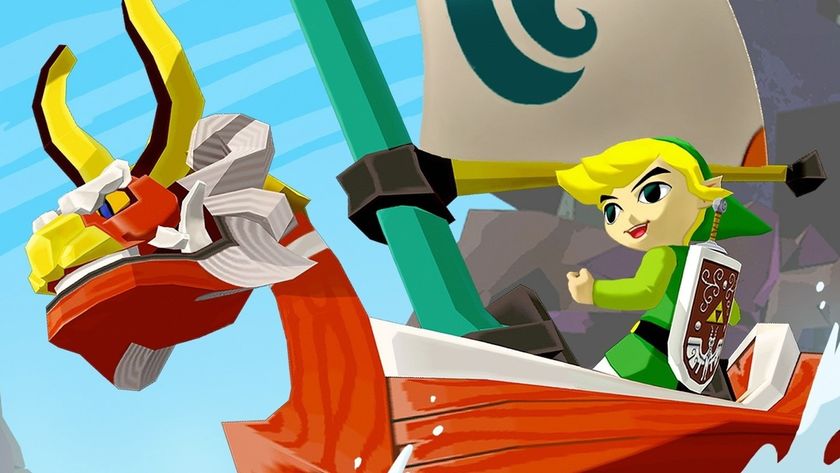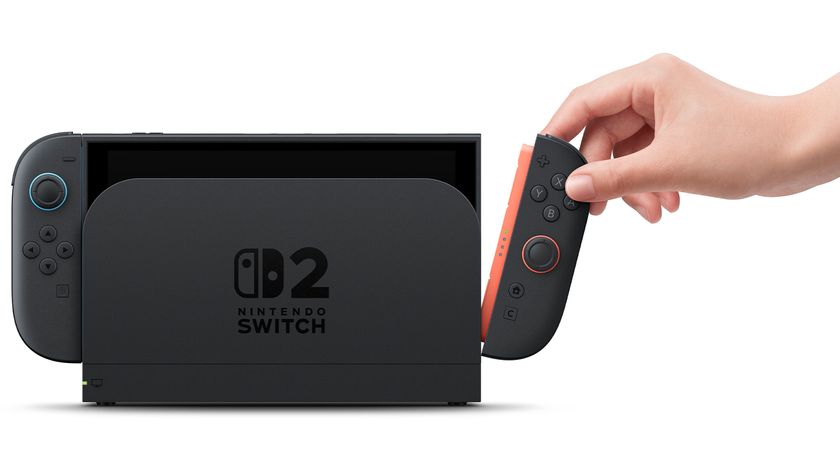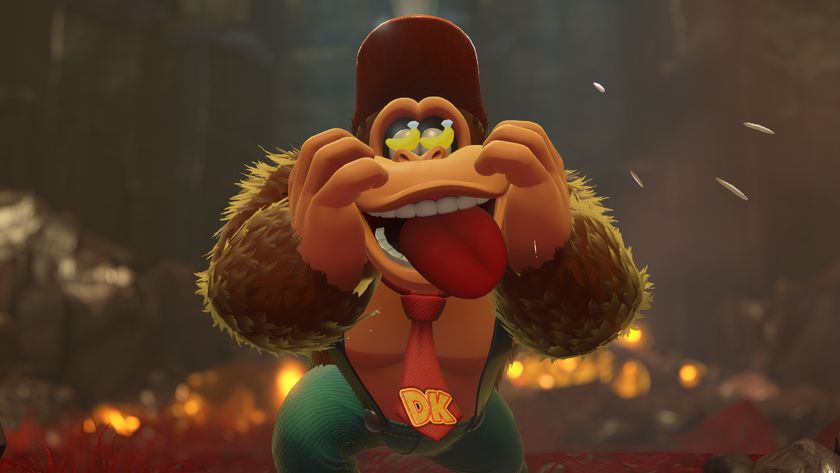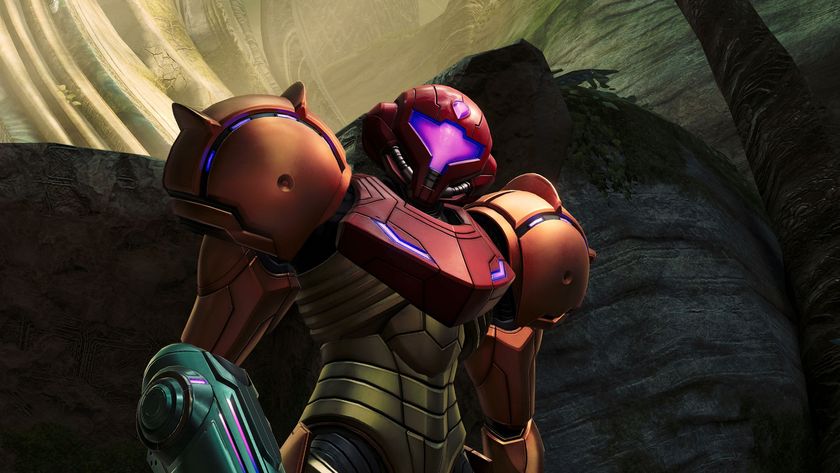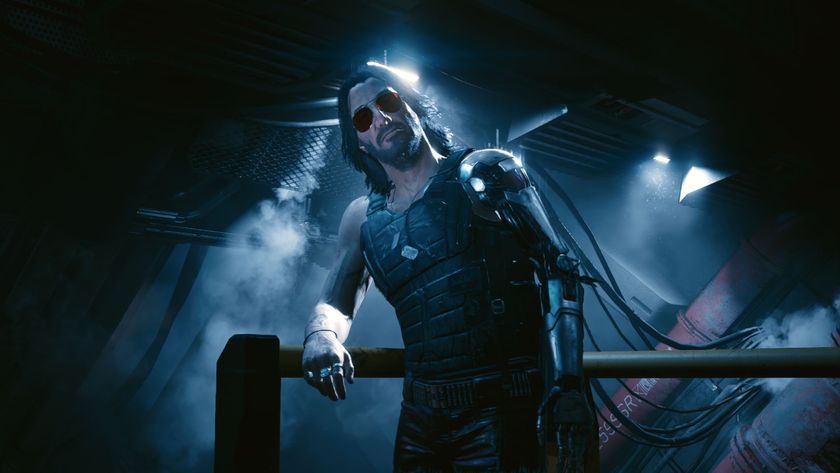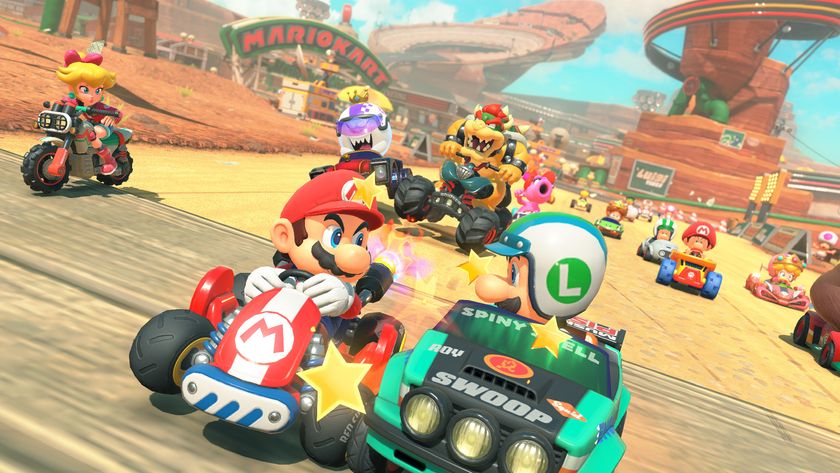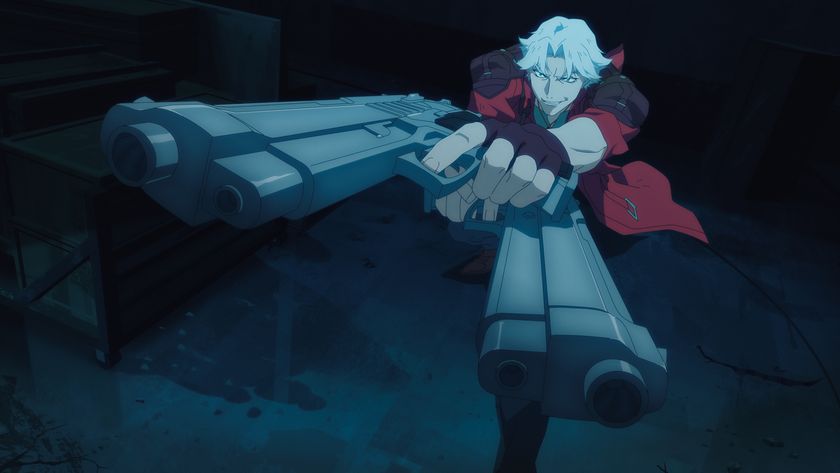A Call to Arms: The Hamster Wheel of the Military Shooter
Round and around and round they go - where they stop, everybody knows
War is hell. No doubt that’s what EA realised after receiving less than stellar reviews for Medal of Honor: Warfighter, the follow up to its 2010 reboot of a series that, to date, has 14 games to its name. That’s one Medal of Honor game plus change every single year since its inception in 1999, and put alongside the genre’s other usual suspects - Battlefield and Call of Duty - a three-pronged fork begins to emerge; one that jabs with unnerving regularity. War is not only hell, but frequent.
The proliferation of the military shooter is hardly an untouched topic by the specialist press. Gallons of ink, real and virtual, have gone towards discussing and deriding, ugh, yet another chapter in gaming’s bang-kaboom-explodey-hooah tome. But to what end? After all, for all the criticism lobbed from the trenches, military shooters continue to sell in staggering numbers: just look at 2011’s launch of Modern Warfare 3, which broke sales records in its first week. Clearly, if there was no interest in these games - if public sentiment had truly waned to the extent that years of editorialising would have us believe - publishers like Activision and EA would not insist upon making them year in, year out; evidently their sales are enough of a message that it remains profitable to continue making more. Yet the poor reception of Warfighter stands as a curious punctuation mark in a style that has normally gotten by - sometimes impressed, but more often simply getting by - with the traditional blockbuster-style presentation. Certainly, the poor reception for Warfighter speaks of its lacklustre quality, but perhaps it is also reflective of a shifting mindset; a realisation that the gameplay structure of military shooters has, for the longest time, remained largely unchanged among the brands that churn it on an annual basis.
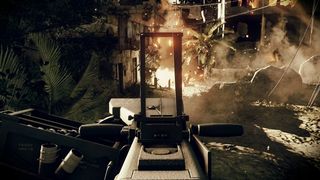
As a medium of expression, videogames are unique - it’s a medium that gives those who work within it the ability to do so much in so many different ways. If it can be imagined, it can be created, and thanks to various boundary-breaking minds from across the globe, we have games where we roll up sumo wrestlers and starfish, construct our own levels with a patchwork of cutout items, and dance controller-free to routines that help instil coordination and rhythm. There’s plenty of variety throughout gaming’s entire range of genres - and where games within the same genre clash, their volume enforces variety, a need to introduce a different spin in order to present unique selling points. (“Create your own levels!” “Dance with four players simultaneously!”) Competition is exactly that: the need to be different. Yet when it comes to expressing the idea of a military shooter, it’s with a brown colour palette, bass-heavy explosions, and macho in-your-face gunplay. One studio looks to outdo the other by being exactly the same as the last great success.
It’s a curious spectacle. Curious, and bizarre. A quest for a slice of the competition’s market is embarked by fulfilling an incestuous, self-feeding design philosophy. Style and tone flows from one franchise to the next, and back again. Spectacle is shoved forth to become bigger, ever bigger, ever louder, ever more dramatic. The arms race of military shooters is little more than a student grabbing sneaky looks at his neighbour in the exam hall. Battlefield? Medal of Honor? Call of Duty? They’re all speaking the same language.

This need to compete, because others are competing, compromises quality. Warfigher has demonstrated this. When a game exists for no other reason than to exist alongside the competition, it’s not just the public that suffers at the expense of corporate competition, but gaming as an expression. It undermines its versatility, its unique ability to be whatever the creator wants it to be - even when it shares the genre with others of a similar nature. Warfighter’s executive producer Greg Goodrich says “a movie like Saving Private Ryan is much different to a movie like Battlefield: Los Angeles, but they're both war movies.” True enough. There's also no mistaking Harvey Dent shooting aliens for Tom Hanks shooting Nazis. Saving Private Ryan and Battlefield: Los Angeles are not only thematically different to one another, but visually different. Two war movies doing unique things. But when one game looks as brown, as explosive, and as gung-ho as the one next to it, it's not really the same argument.
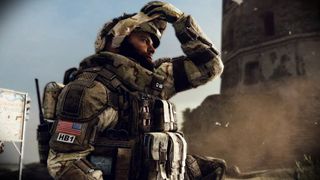
The point I’m trying to make is this: there’s plenty of room for games to play within a genre - creative room - without resorting to the same template of explosion and nonsense. Spec Ops: The Line demonstrated that the action and mayhem can go towards telling a powerful story of war’s consequences on a personal level. On the surface it was a cover-based shooter, typical of its type, but by using that structure (that limitation?) to the advantage of the story, Spec Ops emerged as a unique winner. This was a game that had something to say.
The majority, however, are singing each other’s song. On today’s gaming landscape, a military-themed first-person shooter stands out as much as a tartan tablecloth at a kilt convention. No doubt plans are already underway at EA HQ for the next game in the Medal of Honor franchise, and given Warfighter’s reception, I’d expect current progress will be scrutinised. (Though in light of EA’s blame-shifting statement, perhaps that’s just wishful thinking.) Just as Activision was forced to shelve its Guitar Hero brand, perhaps Warfighter’s reception is an indication that the bombastic military shooter genre is next in line for a rest.
Sign up to the 12DOVE Newsletter
Weekly digests, tales from the communities you love, and more
Perhaps it should take the high road and retire gracefully. It’s been saying the same thing for too long; time for more considered and diverse approaches to earn their stripes. The smoke is starting to clear, and reviewers are becoming weary of the same style delivering the same action. And in light of all this, if Activision has chosen not to worry about Black Ops 2, it does so at its own peril.
You know that kid at parties who talks too much? Drink in hand, way too enthusiastic, ponderously well-educated in topics no one in their right mind should know about? Loud? Well, that kid’s occasionally us. GR Editorials is a semi-regular feature where we share our informed insights on the news at hand. Sharp, funny, and finger-on-the-pulse, it’s the information you need to know even when you don’t know you need it.

Breath of the Wild's Korok Forest might actually hit 60fps on the Switch 2 re-release, and Zelda fans can't wait for "an actual stable frame-rate" in Hyrule's most infamous region

The Legend of Zelda: Breath of the Wild and Tears of the Kingdom are finally getting achievements, but it's paywalled behind the Switch 2 editions

